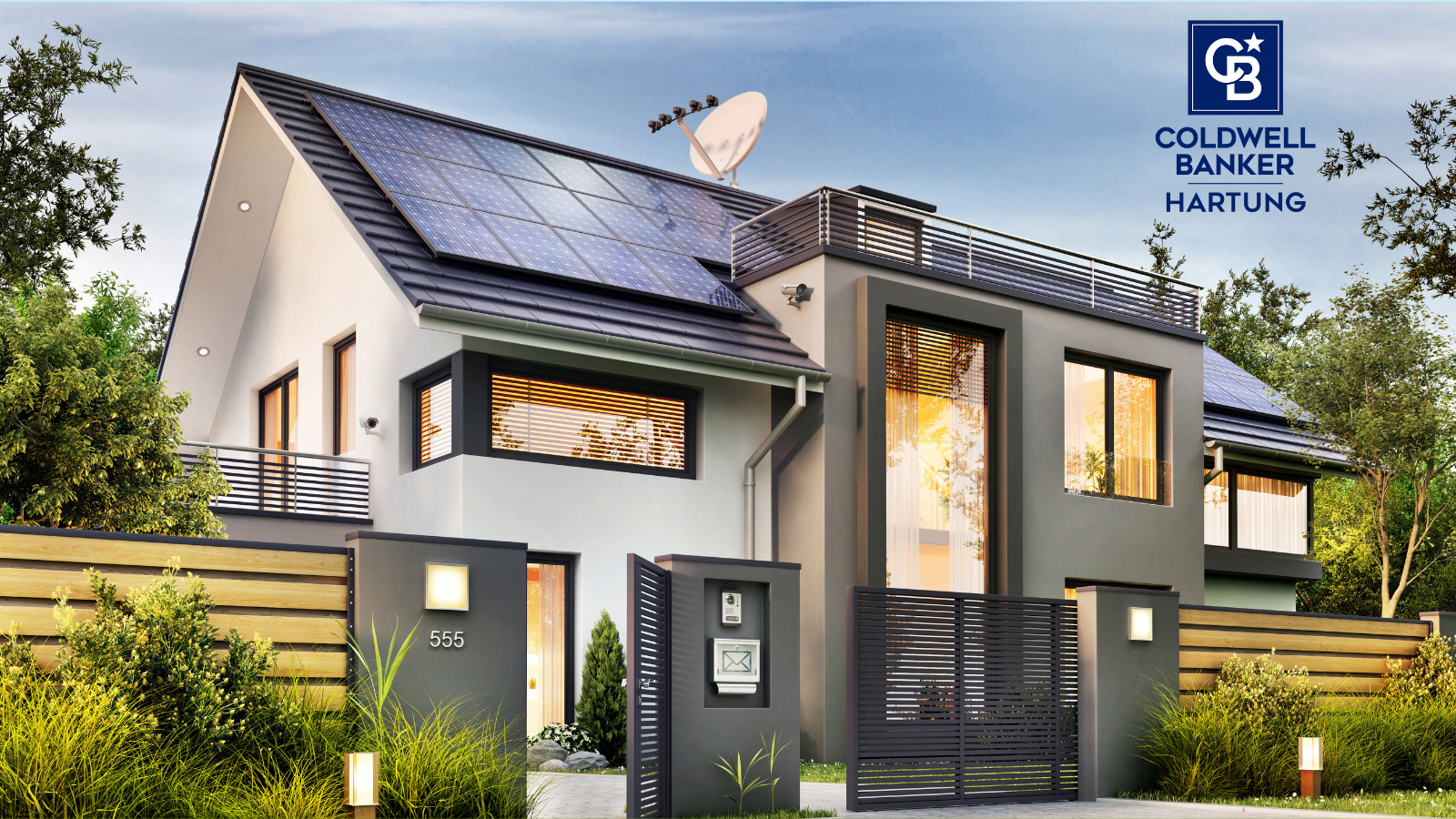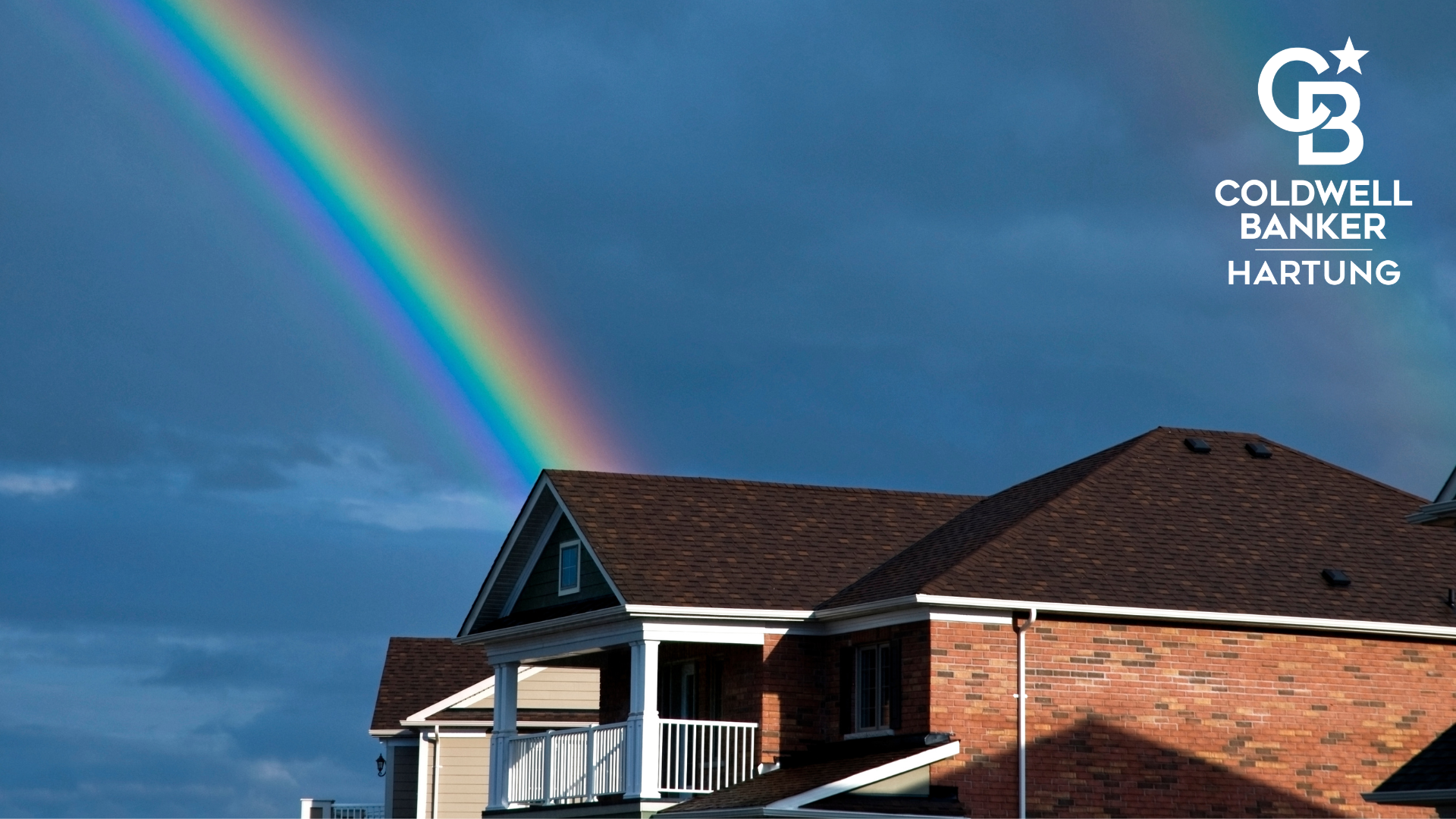
A solar representative stopped by my house a few months ago and asked if I was interested in installing solar panels on my home. They informed me that this would result in lower electricity costs for me, among other benefits. For a while, I considered installing solar panels, but there were several elements of my home that I needed to consider.
One of my main concerns was the large live oak tree that shaded my roof. It protects my house from winter frosts and provides cool shade in the summer. I was told that if I installed the solar panels, the City of Tallahassee would have to chop down this tree. I continued to investigate the possibility of installing solar, but I was hesitant because it would also necessitate driving nails into the roof. Given this and the fact that my utility bills were already quite low, I decided not to install solar in my home.
Recently, there has been a discussion over whether solar panels are worthwhile. Although solar energy has numerous environmental and cost-cutting benefits, it may not always the best option for every household. Although it was not the right fit for me at the time, it could still be a possibility for you if you’re seeking an eco-friendly solution. In this article, we'll go over some pros and cons you should consider before installing solar energy in your home.
Pros and Cons of Solar Panels in Florida
While there are many pros and cons to solar panels, I've narrowed it down to a few that may be influential in your final decision. Choosing to convert to solar power is not a choice that should be made lightly; you need to consider the big picture and whether or not it will benefit you in the long run. The table below lists some of the advantages and disadvantages of installing solar power in your home. We’ll go more into depth for each one further along in this article.

Pros of Solar Panels
Ample Sunlight
One of the benefits of living in the sunshine state is there is more than enough natural sunlight to go around. While most states experience an average of 205 sunny days a year, Florida experiences around 237, making it the ideal area for solar panels to be installed. According to the National Renewable Energy Lab (NREL), the entire state of Florida averages 4.75 or more peak sun hours per day.
One of the most important factors in installing solar panels is the sunlight, which increases productivity and maximizes the return on investment of solar. The more natural light your home receives, the better. You can calculate how much sunlight your home receives on this website created by Google. Ideally, your home should be in direct sunlight for most part of the year to ensure you reap the benefits of your solar system.
Eco-Friendly
Solar panels have many environmentally friendly benefits that make them a more appealing alternative in comparison to traditional power plants. Here are five eco-friendly advantages of converting to solar energy:
1. Renewable energy. Rather than relying on fossil fuels, solar panels only rely on natural sunlight to produce renewable energy. Since sunlight is available indefinitely and consistently, solar energy reduces the depletion of natural resources.
2. Reduction of greenhouse gas emissions. Solar energy does not require releasing greenhouse gases such as carbon dioxide (CO2), methane (CH4), and nitrous oxide (N2O), which contribute to climate change and global warming. These gases are also responsible for air pollution that compromises air quality and induces respiratory health issues. Using solar panels can help decrease our carbon footprint and improve living conditions.
3. Water conservation. Unlike traditional power plants, solar panels do not require using substantial amounts of water to function. This helps to reduce the strain on natural resources and preserve aquatic ecosystems.
4. Reduce noise pollution. Solar panels can generate sunlight into electricity without producing noise, making them ideal for residential areas.
5. Longevity. Solar panels can be warranted between 25-30 years or more. They require minimal maintenance and can be recycled, which helps to reduce waste.
Long-Term Savings
Although the upfront cost of installing solar panels is expensive, they offer a high return on investment over their lifespan. Solar power users in Florida can save up to $80,000 depending on their overall energy consumption. Solar panels generate their own electricity, which reduces reliance on the grid and lowers monthly utility bills.
After a few years (depending on the system cost, energy consumption, and available incentives), solar panels tend to pay for themselves through energy savings. On average, solar panels take between 5-10 years to begin paying for themselves. Certain factors, such as your overall electric usage, solar system size, whether or not you use power during the day, and your electricity rate plan, can influence your repayment time.
Additionally, because solar panels work independently, you don't have to worry about electricity-rate spikes that tend to increase each year. Essentially, you will be paying off a loan that remains stagnant until it is paid off.
Incentive Programs
One of the most appealing perks of installing solar power is that there are incentive programs that are offered to help you save money. Depending on what state you live in, you can reduce the cost of your solar panels significantly. These solar incentives are currently available in Florida:
Solar Tax Credit
Net Metering
Tax Exemptions
Property Assessed Clean Energy (PACE program)
Solar Tax Credit
The Solar Tax Credit is a federal incentive available in all 50 states that allows homeowners to deduct 30% of their solar system's cost from their income taxes. Essentially, the tax credit reduces the overall cost of the solar system by 30%. If a homeowner's tax liability is lower than 30% of the system's cost, they can carry forward the remaining balance for up to five years. To receive this credit, you can fill out the 5695 Tax Form when you file your taxes.
Net Metering
In Florida, there is an additional solar incentive called Net Metering. Net Metering enables homeowners to sell excess solar energy back to the power grid at the retail rate. Since Florida receives ample sunshine, solar panels often generate more energy than the household requires. This excess power is sent to the grid, and through net metering, the utility compensates homeowners at the same rate they pay for electricity. Each kilowatt-hour (kWh) of exported power effectively saves homeowners 1 kWh on their electricity bills.
Tax Exemptions
Florida exempts solar power systems from both property and sales taxes. This exemption helps homeowners save 6% on the initial cost of installing a rooftop solar system. Additionally, the property tax exemption allows homeowners to continue saving on their annual property tax bills. The sales tax exemption in Florida covers various components integral to a qualifying solar system, including solar collectors (panels), pumps and controls, photovoltaic power conditioning equipment, energy storage units (solar batteries), and related accessories. These exemptions are particularly advantageous as switching to solar can enhance the market value of your home.
For more information on incentive programs or tax exemptions you should speak with a licensed professional. Keep in mind that these incentives are constantly changing, so it’s important that you verify the information with an official source before moving forward with installment.
PACE Program
Local governments in Florida also offer PACE financing for solar projects. PACE financing functions similarly to a loan, but it is funded through an increase in property taxes by the local government. It can be used not only for solar systems but also for various energy efficiency upgrades. Furthermore, if a homeowner decides to sell their property, the remaining balance of the PACE financing can be transferred to the new owner.
You can speak with local county officials or your local solar installer to check if PACE is offered in your area and the steps you can take to sign up. If you’re a Tallahassee local, you can contact your county officials at https://cms.leoncountyfl.gov/.
Cons of Solar Panels
Sunlight Dependent
The amount of sunlight that reaches your roof determines the efficiency of your solar power. Because shade from large trees or buildings can reduce the amount of sunlight received, solar panels are only worthwhile if your home is in direct sunlight. Your roof's orientation is also important, with south and west-facing roofs receiving the most sunlight. Since Tallahassee has many canopied neighborhoods, solar is not always fit for residents living here.
Although there is plenty of sunshine in Florida, the state also experiences hurricanes and tropical storms. The high winds and rain from these storms could cause damage to the solar systems. Most panels are tested in 140 mph winds to ensure that they will not be damaged during severe storms, but it's still a good idea to make sure you have insurance to cover your solar systems in case something goes wrong. Solar panels are typically covered by homeowners insurance, but if you live in a hurricane-prone area, you should double-check your coverage details.
Take up Lots of Space
The more electricity you want to generate, the more solar panels you'll need to install to capture sunlight. This necessitates a lot of space, which may not be available on all rooftops. You can also install panels in your yard, but it will be more difficult for them to collect sunlight throughout the day.
Panels are also bulky and unappealing to the eye, which can disrupt the visual harmony of a residential area. So, if aesthetics are an important factor to you, solar panels may not be the best option.
Financial Liability
Solar panels are a long-term investment, so you must be certain that you are financially secure before making a commitment. The initial cost of installing a solar panel system, which includes the cost of panels, installation, and necessary equipment, can be expensive. Solar panel systems in Florida average around $15,000 before the solar tax credit. Over time, they will begin to pay for themselves, but this can take up to 5 years to take effect.
The time it takes to recoup the initial investment through energy savings is referred to as the payback period. The payback period is influenced by factors such as location, system size, electricity rates, and available incentives. Solar panel systems typically have payback periods ranging from 5 to 15 years, and the financial benefits last for the system's lifespan, which is typically 25 to 30 years. Thus, the financial benefits will be delayed, and you will need to cover the initial costs and make consistent payments for a few years before you can begin to save.
Immovable
One thing to keep in mind if you move or evacuate from your home is that you won't be able to bring your solar panels or batteries with you. All of this will have to be left behind, and even if the value of your home escalates, there is no guarantee that the cost of the system will be reimbursed in the sale. It all depends on how long you've had the system and the value of your home. So, if you intend to move within the lifespan of your solar system, you should reconsider investing in solar panels unless you're certain the next homeowners are willing to cover the costs.
Is it the Right Fit for Your Home?
There are several factors to consider before deciding to install solar power in your home. Although there are plenty of environmental and financial benefits, this does not guarantee that it is an optimal investment for every household. However, if you plan to install solar energy in the future, these suggestions can help you make the best decision for your unique situation.
If you have more questions about solar panel installation and what is common for the Tallahassee area, you can connect with one of our experienced real estate agents, who can help you find the information you need to make the best decision.
Ann Cleare
Realtor Emeritus
Ann’s Notes
(850) 544-0109
[email protected]





.png)